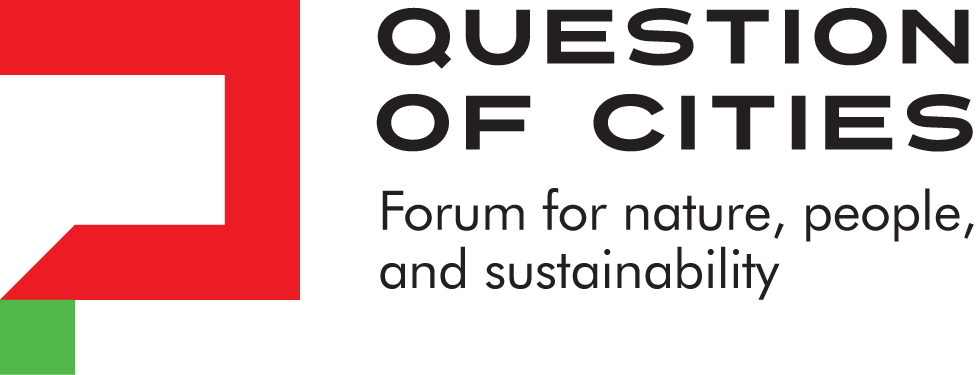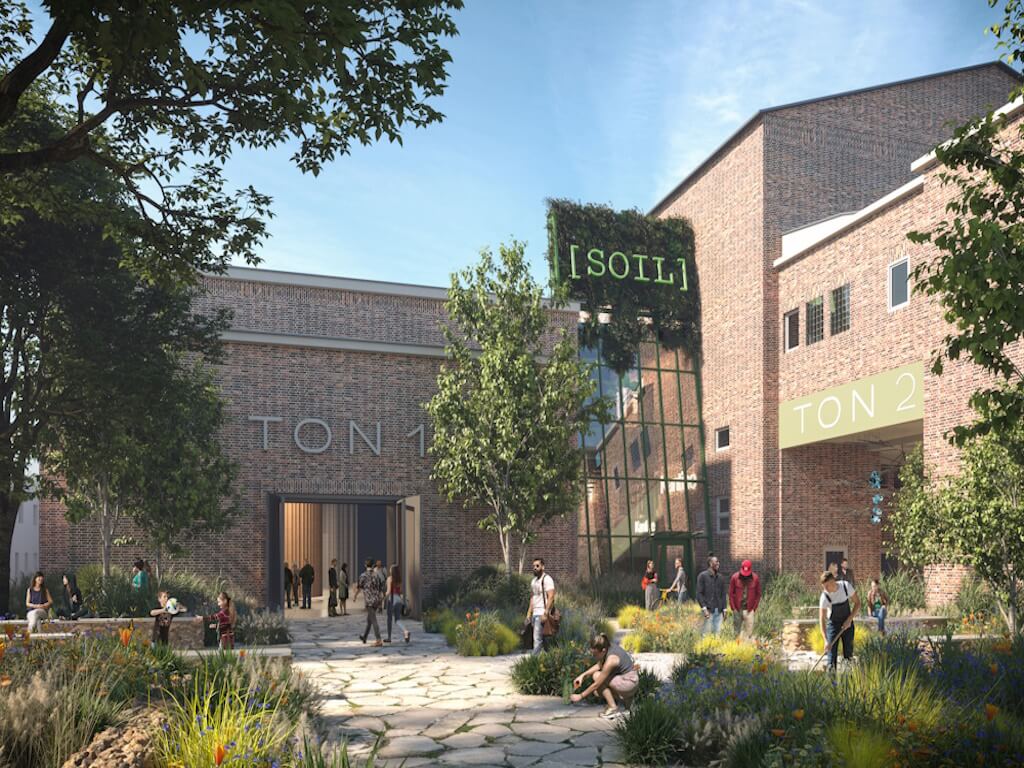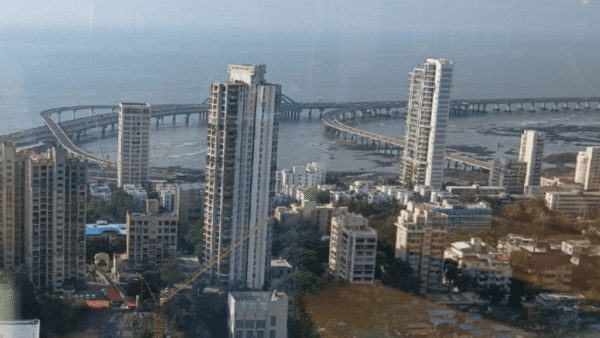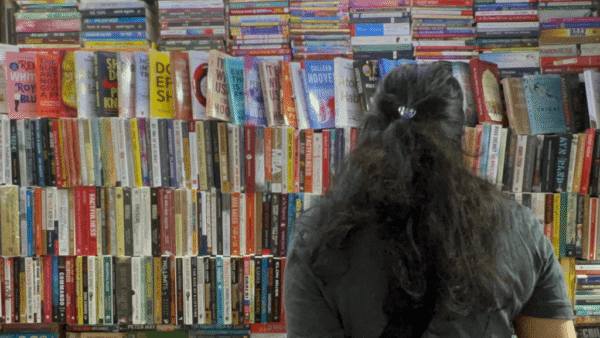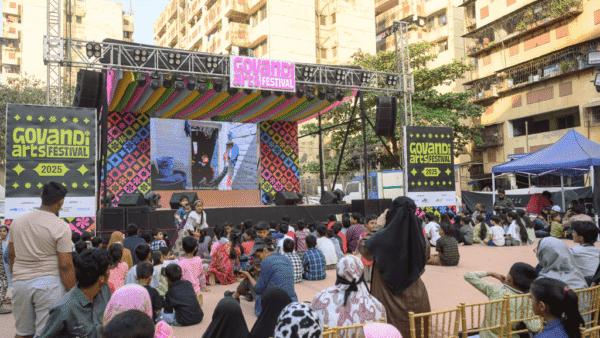You might have seen the pop-up about The Nature of Cities (TNOC) Festival 2024 on our site. It opens this month in a virtual format and in the in-person mode in Berlin early June. And, Question of Cities will be there in both formats at this prestigious international festival that showcases nature and cities through art, films, music, installations and more in an interdisciplinary way.
The TNOC Festival 2024 is three weeks of interconnected events for anyone interested and invested in cities, nature and people. Helmed by New York-based David Maddox, musician, filmmaker, founder of TNOC and an urbanist passionate about nature, the annual festival aims to foster inclusivity, thought and dialogue about cities around the world. The focus is on cities and nature.
Through small group workshops, direct arts engagement, film screenings, discussion rooms and installations, the TNOC Festival is unique in its design and purpose. Unlike world events and international conferences which are primarily “talk-at-you” jamborees of leaders, the TNOC Festival brings thinkers, changemakers, naturalists, urbanists, architects, filmmakers, theatre persons, academics, journalists and others together to show their work and learn from each other – keeping the focus on cities and nature all along.
The TNOC Festival is designed to be knowledge-centred, knowledge-led, and action-driven. Its vibe is of a creative and collaborative spirit around solutions for cities that are better for nature and all people. The theme for TNOC 2024 is ‘Action’ – translating knowledge from various sources to showing nature-rich solutions in cities. The festival aims to urge participants to think beyond conventional boundaries, seed ideas, and play with imagination for building cities that are better for nature and all people.
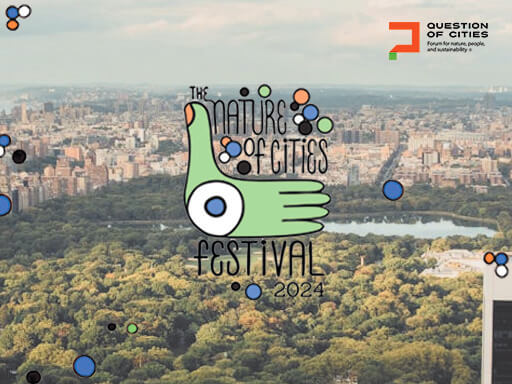
Festival dates and how to join
With more than 400 sessions across the virtual and in-person formats, the TNOC Festival 2024 promises to be the largest in the genre. The virtual format is scheduled from April 15-26 and in-person format in Berlin from June 3 to 7 this year.
The Berlin fest, scheduled to be at the experimental Atelier Gardens – old hangar space converted into a festival venue – includes talks, arts, films, field-trips and opportunities to make social connections across countries, languages and approaches to nature in cities. The complete programme with a rich diversity of the line-up can be read here.
The virtual segment of the Festival operates around the clock, over the course of 10 days in multiple languages and time zones throughout the world. So, set your time zone to attend any of the sessions. Here’s the programme and registration page.
If you are an ardent QoC reader and supporter, and would like an entry to the festival at a discount or at no-cost, please email us at [email protected] with the ‘Subject: TNOC Festival request’ and we will do our best to get you there. The virtual session to see us in action is on April 15, from 3pm IST. A link will be shared with those interested if you drop an email to us.
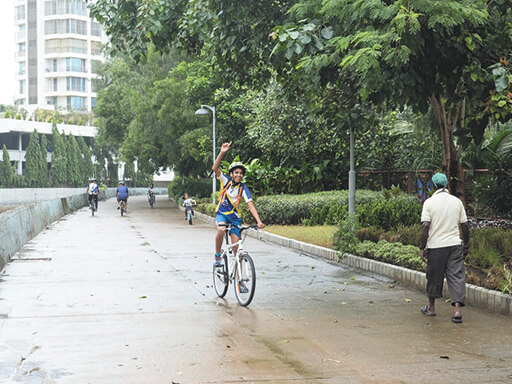
Photo: PK Das and Associates
What is Question of Cities doing at the festival?
Question of Cities, India’s only online journal devoted to cities and sustainability, will feature both in the virtual and in-person formats of the TNOC Festival 2024. We have chosen to focus on water and watercourses in cities.
In the virtual event, on April 15 at 3pm, we will present videos and talk about how filthy drains in Mumbai can be converted into enjoyable and sustainable spaces in the session titled From filth to oasis: Transforming Mumbai’s nullahs into linear parks. will show participants or viewers how a filthy sewage channel at Irla, near Juhu in Mumbai, was transformed through people’s participation into an open and green space, allowing people to connect with nature and with each other. A panel discussion will answer the questions around the project and talk about how the idea can connect across the city – and other cities.
Linear Parks are a tangible physical form of green (and blue infrastructure), made along unused roads and old infrastructure or along rivers or drains, contributing to the regeneration of nature in the area and providing people with open spaces for leisure to walk, cycle, loiter, play and connect. Linear Parks are also a metaphor for connecting nature and people – a relationship that has been fragmented and segregated over the decades as cities were expanded with more and more construction. At a larger societal level, Linear Parks is a metaphor also in the ecology of cities – opening up accessibility, increasing liveability, enhancing sustainability and improving democracy in cities, which lends an important social and political aspect to the idea.
The virtual event will be a precursor to our participation with a unique installation in Berlin in early June. The space-starved city of Mumbai needs more and inclusive linear parks. The Juhu example, though not without its challenges, has shown the way. The QoC team will show and tell this story of transformation. Showcasing it at the global festival will open up opportunities and bring in more ideas, we hope.
Sign up for the session and join us in the virtual walk along the Juhu channel.
Cover photo: MVRDV
